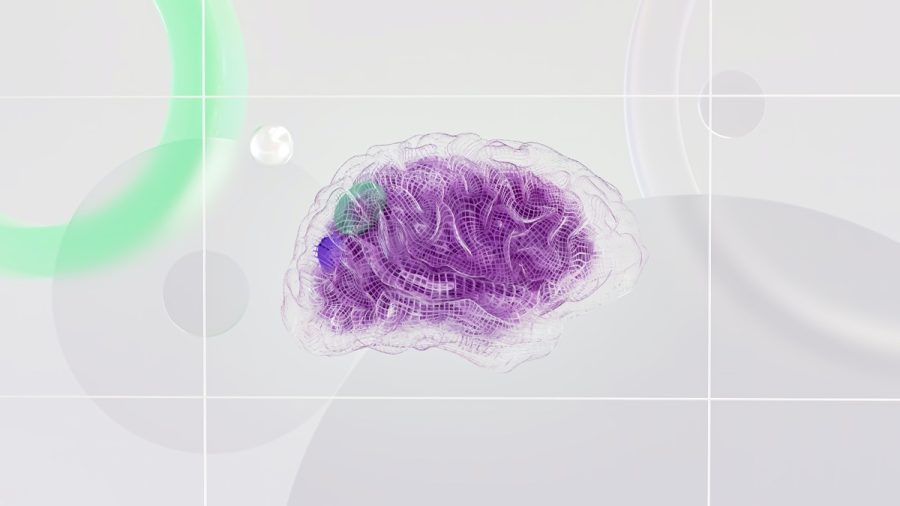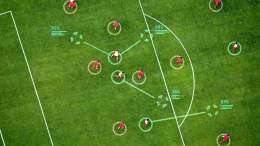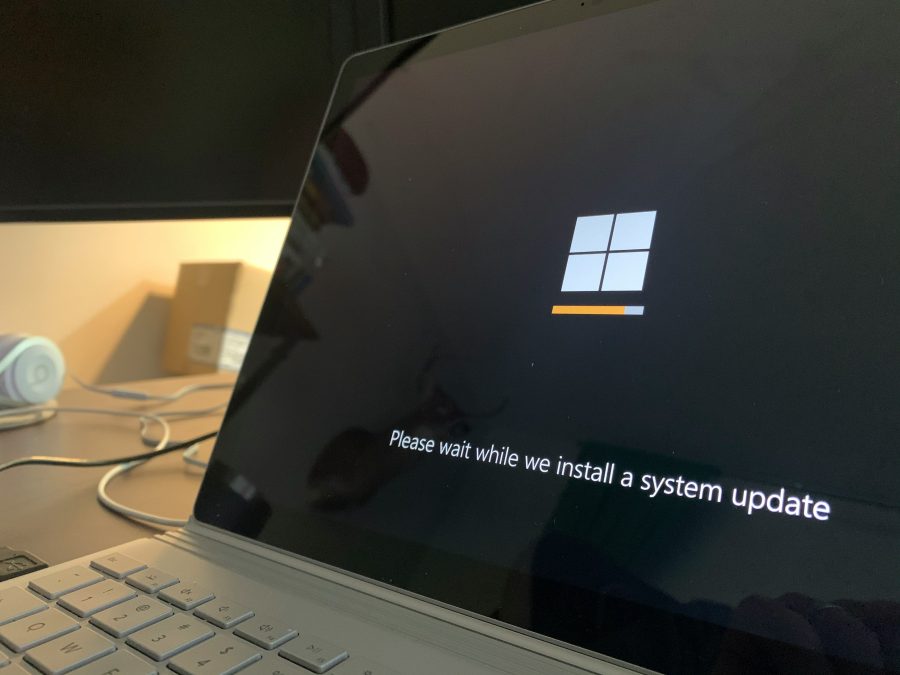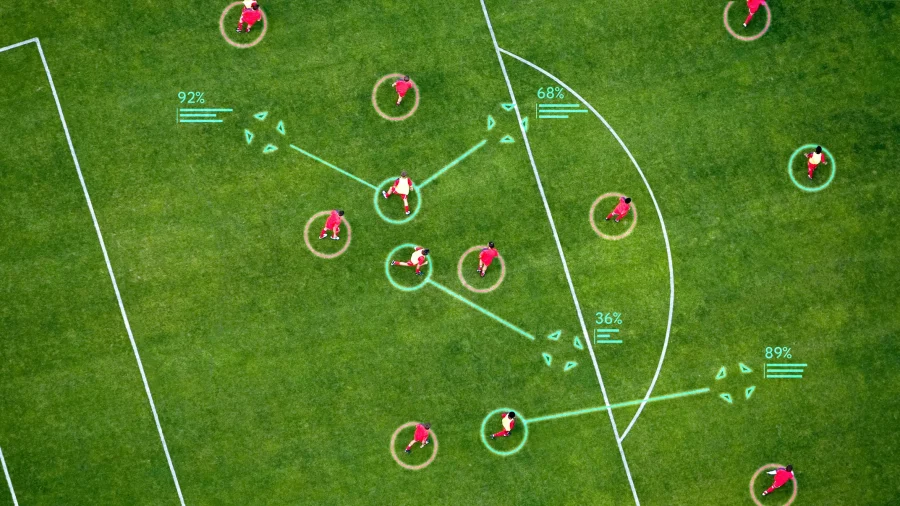A group of scientists, doctors, and entrepreneurs have pulled in $12 million in seed investment for a new noninvasive health wearable powered by artificial intelligence (AI).
Created by health tech company Elemind, the wearable neurotechnology platform uses proprietary algorithms and AI to improve health through brainwave stimulation, offering apparent benefits without the side effects of pharmaceuticals. The first round of seed investment has pulled in $12 million for the program, following multiple studies proving its efficacy, it was announced on Tuesday (Feb.6).
How does Elemind work?
The wearable works by reading individual brainwaves and stimulating them in real-time with responses tailored to the individual, thanks to its AI. This ability for precise guidance of brainwaves offers a more targeted approach than traditional pharmaceuticals, as well as fewer side effects.
“Chemical drugs affect the entire body, often leading to unwanted side effects. Elemind offers a non-chemical, direct, and on-demand solution that learns and dynamically adjusts to each person,” said Meredith Perry, CEO and co-founder of Elemind. “We’re the first and only company able to precisely guide and redirect brainwaves in real-time.”
Elemind has dubbed the approach “electric medicine”, created through partnerships with multiple leading research institutions from the Massachusetts Institute of Technology (MIT), Imperial College London, Harvard Medical School and the University of California at Berkeley. Multiple applications have been adapted for the platform, offering various ways to employ it through wearable technology.
Early clinical trials demonstrate that Elemind’s technology is effective at inducing sleep up to 74% faster, decreasing tremors after just 30 seconds of stimulation, and boosting memory. The team behind Elemind hopes for further future “potential impact across many neurological conditions”.
As a general wellness device, Elemind’s first product is not subject to FDA regulation. Thanks to early investment from Village Global, LDV Partners, and other funds, the company plans to build more wearable adaptations for the neurotech platform.
Featured image: Pexels










